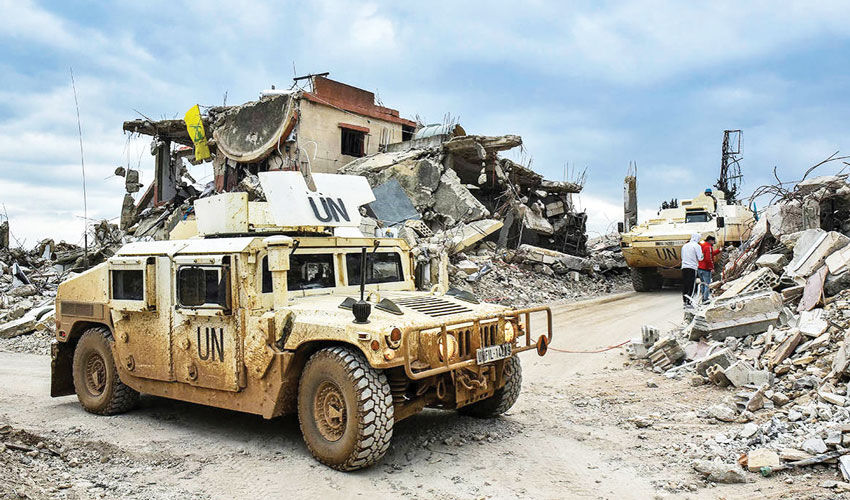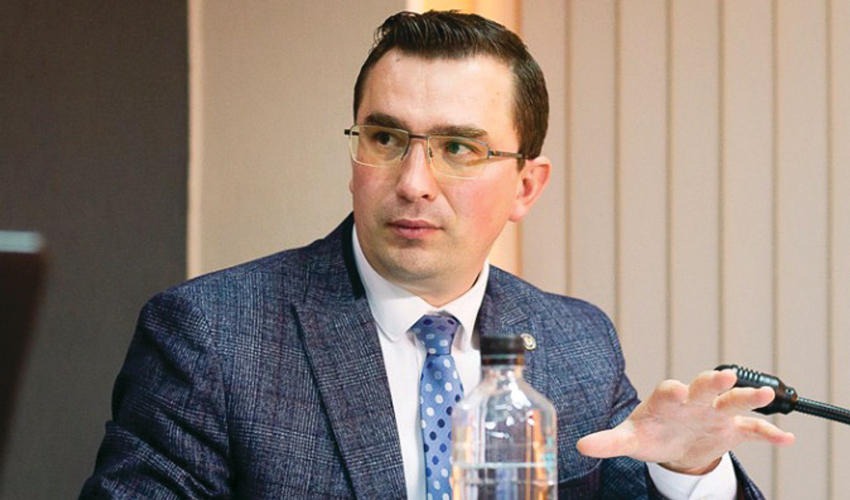
The drastic cuts in humanitarian aid have been devastating, leaving millions of people in developing countries at risk of starvation or preventable disease. Less visible, but no less significant, has been the withdrawal of support for peacebuilding and the promotion of the rule of law and human rights, including accountability for atrocities. Only a handful of USAID programs dedicated to these issues remain, and Trump’s latest attempt to recoup funds includes canceling $837 million for peacekeeping.
The Trump administration’s “America First” foreign policy emphasizes “peace through strength” and defines “strength” only in terms of hard power. This will hinder transitional justice in countries like Ukraine, when the war there ends, and Ethiopia, which is still struggling with the aftermath of civil war.
As shown in my book APresidential Vision for Transitional Justice, Trump’s foreign policy also makes him a pariah among U.S. presidents. Since its founding, the United States has been a consistent proponent of post-conflict justice, which has been a powerful tool in the diplomatic arsenal of presidents of all political stripes, including George Washington, Abraham Lincoln, Teddy Roosevelt, and Woodrow Wilson.
The Nuremberg Trials were the first time the leaders of a defeated country were held legally accountable for war crimes and crimes against humanity. The verdicts established the principle of individual criminal responsibility for human rights violations in wartime – a milestone in international law.
The practice of establishing ad hoc tribunals to administer transitional justice continued after the end of the Cold War. During Bill Clinton’s presidency, the U.S. played a crucial role in convening UN tribunals tasked with trying those responsible for atrocities committed during the Balkan wars of the 1990s and the 1994 Rwandan genocide. As at Nuremberg, the US provided funding and know-how, and American judges and lawyers were seconded from the federal judiciary to The Hague.
America’s historic role as an exporter of justice was called upon after the collapse of the Soviet Union. The U.S. played an important role in Eastern Europe’s transition from socialism to capitalist democracy, providing transitional justice assistance and promoting the rule of law.
At the same time, the U.S. rarely viewed justice as a two-way street, shirking responsibility for its foreign interventions and tactics. Nowhere was this more evident than in the war on terrorism after 9/11 and the subsequent invasions of Iraq and Afghanistan. The use of torture, indefinite detention and targeted drone strikes have undermined international human rights law.
Upon coming to power in 2016, Trump demonstrated his disregard for the principles of justice by attacking the International Criminal Court, which was established in 2002 to investigate and prosecute individuals for genocide, crimes against humanity, war crimes and crimes of aggression. The ICC is independent of the U.N. Security Council, which means the U.S. has no control over which cases are brought before it.
As a result, the U.S. is not a party to the ICC and keeps its distance. Instead of sticking to this position, Trump went on the offensive after the Court began investigating alleged war crimes in Afghanistan. In 2020, his administration imposed sanctions on ICC officials, freezing their assets and barring them and their families from visiting the US. His successor, Joe Biden, lifted these unprecedented sanctions and, while not supporting the ICC, renewed America’s efforts to export justice, including advising Ethiopia on the transitional justice process.
Now that Trump is back in the White House, his contempt for international justice has only intensified. This is evident not only in his attacks on USAID, but also in his failure to recognize the need for justice in the Ukraine-Russia peace agreement, his related attacks on Ukrainian President Volodymyr Zelensky, and his new draconian sanctions against ICC officials.
Trump’s open hostility to promoting the rule of law abroad and its attendant soft power is a radical departure from the central role the U.S. has long played in building multilateral dispute resolution institutions. But from Ukraine to Gaza and beyond, Trump may soon learn by experience that a world without justice is unsustainable.
Ruthie Teitel
professor of comparative law at New York Law School and author of the book
“A Presidential Vision of Transitional Justice: An American Legacy of Accountability and Reconciliation (Oxford University Press, 2025).
© Project Syndicate, 2025.
www.project-syndicate.org











